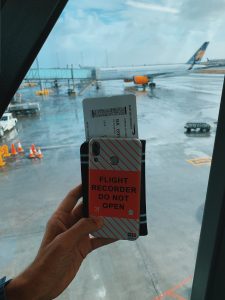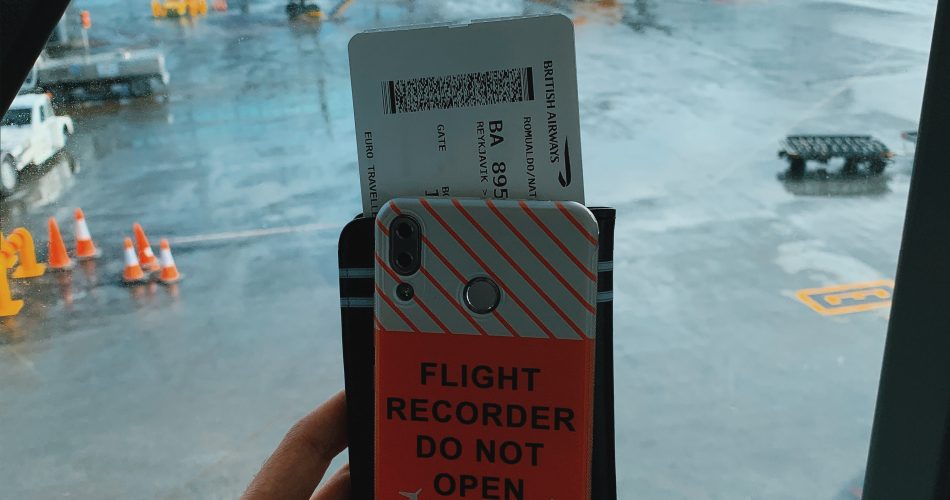
Airline tickets can often be expensive due to a combination of various factors that influence pricing in the aviation industry. In this response, I will explore the key reasons behind the high cost of airline tickets
Why Are Airline Tickets So Expensive
Here are some of the reasons why airline tickets are so expensive.
1. Operating Costs
Airlines have significant operating expenses, including fuel costs, maintenance, crew salaries, and airport fees. Fuel expenses alone can constitute a significant portion of an airline’s budget, and fluctuations in oil prices can directly impact ticket prices. To cover these costs, airlines must factor them into their pricing structure.
2. Infrastructure and Maintenance
Maintaining and operating airports, air traffic control systems, and other aviation infrastructure requires substantial investment. These costs are indirectly passed on to passengers through ticket prices. Additionally, airlines invest in regular maintenance to ensure the safety and reliability of their aircraft, which adds to their operating expenses.
3. Taxes and Government Regulations
Air travel is subject to various taxes and government regulations, which can significantly impact ticket prices. These include passenger facility charges, security fees, customs and immigration charges, and other taxes imposed by local and international authorities. These additional costs are often included in the final ticket price.
4. Limited Competition
In some cases, airlines operate in markets with limited competition, allowing them to control prices to a certain extent. When there are fewer airlines servicing a specific route, they have less incentive to offer competitive fares. This lack of competition can result in higher prices for passengers.
5. Seasonal Demand and Peak Travel Periods
During peak travel seasons, such as holidays and school breaks, demand for flights increases significantly. Airlines take advantage of this higher demand by raising ticket prices. This surge in demand often outstrips the supply of available seats, allowing airlines to charge more for their services.
6. Price Discrimination and Revenue Management
Airlines employ complex revenue management systems to maximize their profits. They use various pricing strategies to segment the market and charge different fares to different passengers based on factors such as booking class, time of booking, and travel dates. This practice, known as price discrimination, allows airlines to extract higher fares from customers willing to pay more.
7. International Airfare Regulations
International flights are subject to additional regulations and agreements between countries. These agreements can lead to restrictions on airlines, such as limits on the number of flights or seats available on certain routes. Such restrictions can limit competition and contribute to higher prices.
8. Ancillary Fees
Airlines have increasingly relied on ancillary fees to boost their revenue. These fees cover additional services such as checked baggage, seat selection, in-flight meals, Wi-Fi, and more. While the base ticket price might appear lower, these ancillary fees can significantly increase the overall cost of air travel.
9. Market Demand and Supply
Ticket prices are influenced by the basic economic principle of supply and demand. Airlines adjust their prices based on factors such as route popularity, time of year, and passenger demand. If demand for a particular route is high and supply is limited, airlines have the leverage to charge higher fares.
10. Industry Consolidation
The airline industry has experienced significant consolidation over the years, resulting in fewer major carriers dominating the market.
This consolidation reduces competition and allows airlines to exert more control over pricing. In some cases, reduced competition can lead to higher ticket prices.
It’s important to note that while airline tickets can be expensive, there are often opportunities to find discounts or promotions through careful planning, flexible travel dates, and utilizing online tools and resources.
Additionally, different airlines may have varying pricing strategies, so comparing fares and exploring alternative airlines can help in finding more affordable options.
